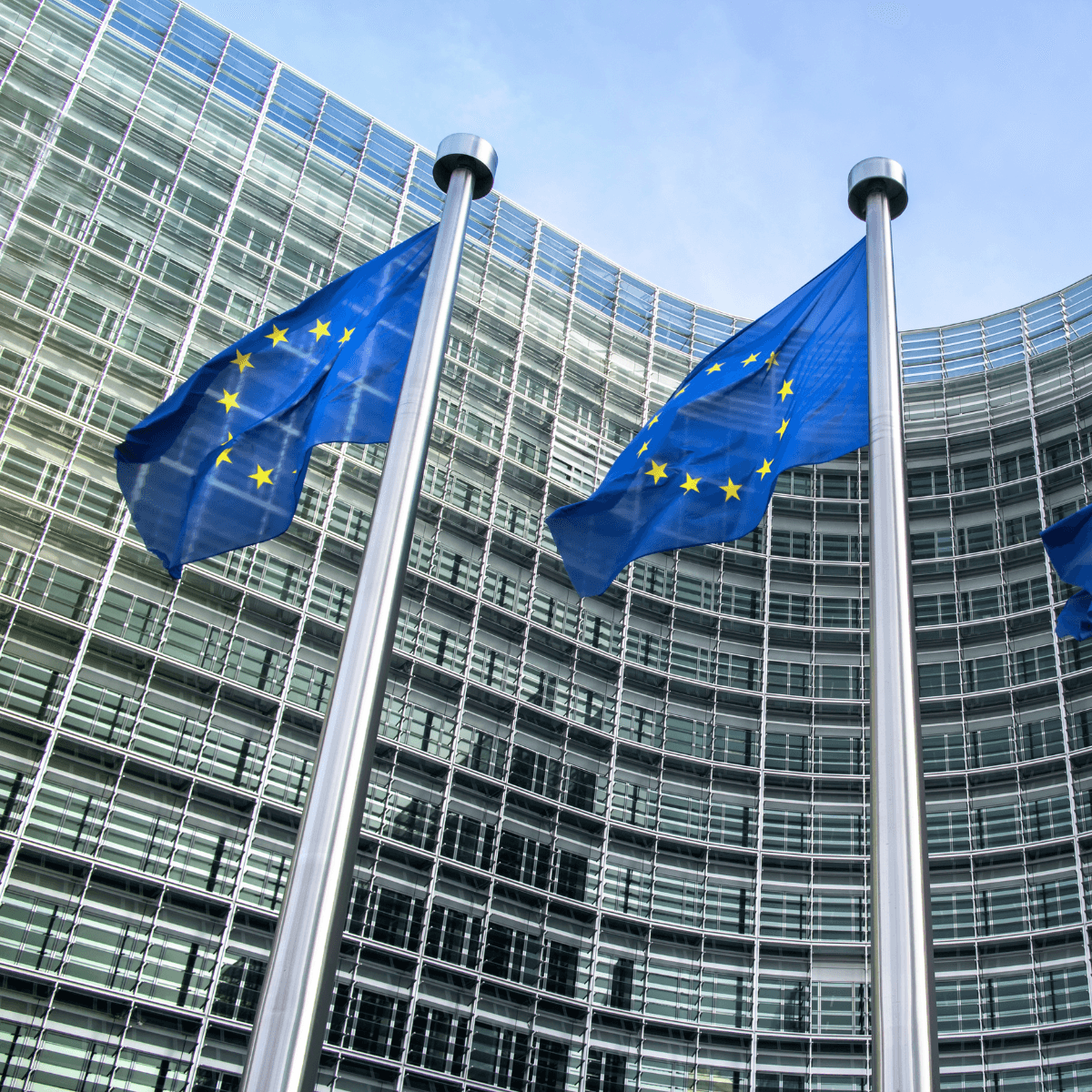

As Chinese President Xi Jinping prepares to embark on his state visits to France, Serbia and Hungary this May—his first trip to Europe in five years—he faces a European Union transformed in its approach to Beijing, largely over trade imbalances and concerns over European economic security. Ahead of upcoming European elections in June, the China-EU relationship is at a critical juncture—the impact of which presents profound implications for multinationals operating across both jurisdictions.
The EU’s approach to China has evolved dramatically over the last five years, when the European Commission described China as “a partner for cooperation, an economic competitor and a systemic rival.” Trade relations peaked with the completion of negotiations on the EU-China Comprehensive Agreement on Investment (CAI)—a short-lived milestone that remains unratified by the European Parliament nearly four years later. Geopolitical tensions stemming from the COVID-19 pandemic, widening U.S.-China competition and war in Ukraine have only exacerbated the political and diplomatic rift between the EU and China, bringing trade into the spotlight.
While EU officials insist that decoupling is not the policy aim, the political consensus in Brussels has shifted in support of the need to “de-risk” the European economy and supply chains from China. For certain core technologies, such as semiconductors, this has resulted in the development of industrial policies to advance the bloc’s strategic autonomy. This has also trickled down to foreign investment, where maintaining the EU’s economic security is a key priority. This view is cementing itself further following the National People’s Congress in March, when President Xi urged the use of “new productive forces” in advanced manufacturing to boost the economy.
The most significant development has been the EU’s decision to deploy several tools within its arsenal to address longstanding concerns over Chinese trade practices—a sharp contrast to years of pursuing bilateral dialogue with Beijing. Since October 2023, the EU has launched five industrial probes into Chinese state practices, including Foreign Subsidies Regulations investigations into made-in-China electric vehicles, green technologies such as wind turbines and solar panels, as well as train-makers.
The latest investigation, a probe into whether China’s public procurement of medical equipment is open to European business, is the first opened under the EU’s International Procurement Instrument (IPI) introduced in 2022. If the investigation finds that domestic procurement practices favour Chinese over European rivals, the EU could introduce its own rules to limit or bar Chinese companies from participating in lucrative public tenders.
Beijing has criticized the EU’s increasing assertiveness as being protectionist, and has already resulted in asymmetrical tit-for-tat measures against European business in China. In response to the EU’s probe into EV subsidies, for example, China’s Ministry of Commerce announced in January an anti-dumping investigation into European goods, this time targeting European spirits distilled from wine, such as brandy and cognac.
While Brussels is prepared to leverage its new trade muscles towards China, EU member states are striking a different tone in their bilateral interactions with Beijing.
- Germany. Chancellor Olaf Scholz’s recent visit to China featured little discussion over trade practices and emphasized the importance of bilateral business cooperation.
- France. President Emmanuel Macron is supportive of the EU’s attempts to rebalance trade with Beijing and has reportedly invited European Commission President Ursula von der Leyen to meet with President Xi in Paris. At the same time, however, he is keen to maintain a cooperative relationship with China and is strengthening coordination in areas such as climate change, clean energy and nuclear.
- Italy. Just months after withdrawing from the Belt and Road Initiative, Prime Minister Giorgia Meloni has sought to shield trade from worsening tensions between the West and China, with the G7 host nation organizing a bilateral business forum with Chinese Minister of Commerce Wang Wentao in Verona, just one month after G7 ministers met in the city to discuss industry technology and artificial intelligence (AI).
- Hungary. The differing approach within the EU is complicated even further with member states such as Hungary, which boasts a strong “iron-clad” relationship with Beijing.
Given the results of these interactions, China may continue to foster bilateral ties to improve its commercial relationships in Europe, and may find that strong relationships could temper future EU measures.
What Does This Mean for Business?
President Xi’s European visit is unlikely to lead to a quick resolution of trade tensions with the EU, as the latter continues to view Beijing as a geopolitical rival. This is reiterated across the manifestos of the main EU political parties ahead of European elections, and trailed in former Italian Prime Minister and European Central Bank President Mario Draghi’s speech on the Union’s competitiveness. Chinese businesses operating in Europe can anticipate increased headwinds, especially in strategic sectors such as green technologies, for the coming year as various industry probes get underway.
The findings of the EU’s probe on EVs are not expected until November 2024, meaning that what the EU chooses to do next will come under a new European Commission and a European Parliament that, based on current polling, is expected to shift to the right. This may likewise disrupt the market environment for European businesses operating in China, with decisions against symbolic sectors, such as European spirits or automotive producers, which may find themselves caught in the crosshairs of a widening trade dispute.
At the same time, national efforts to maintain constructive trade relationships with China may create bilateral opportunities for individual businesses away from the core technologies and sectors driving greater EU-China economic competition. Navigating these rapidly evolving national and supranational trends will therefore be essential for European and Chinese multinationals looking to find and maintain their market success at home and abroad.


